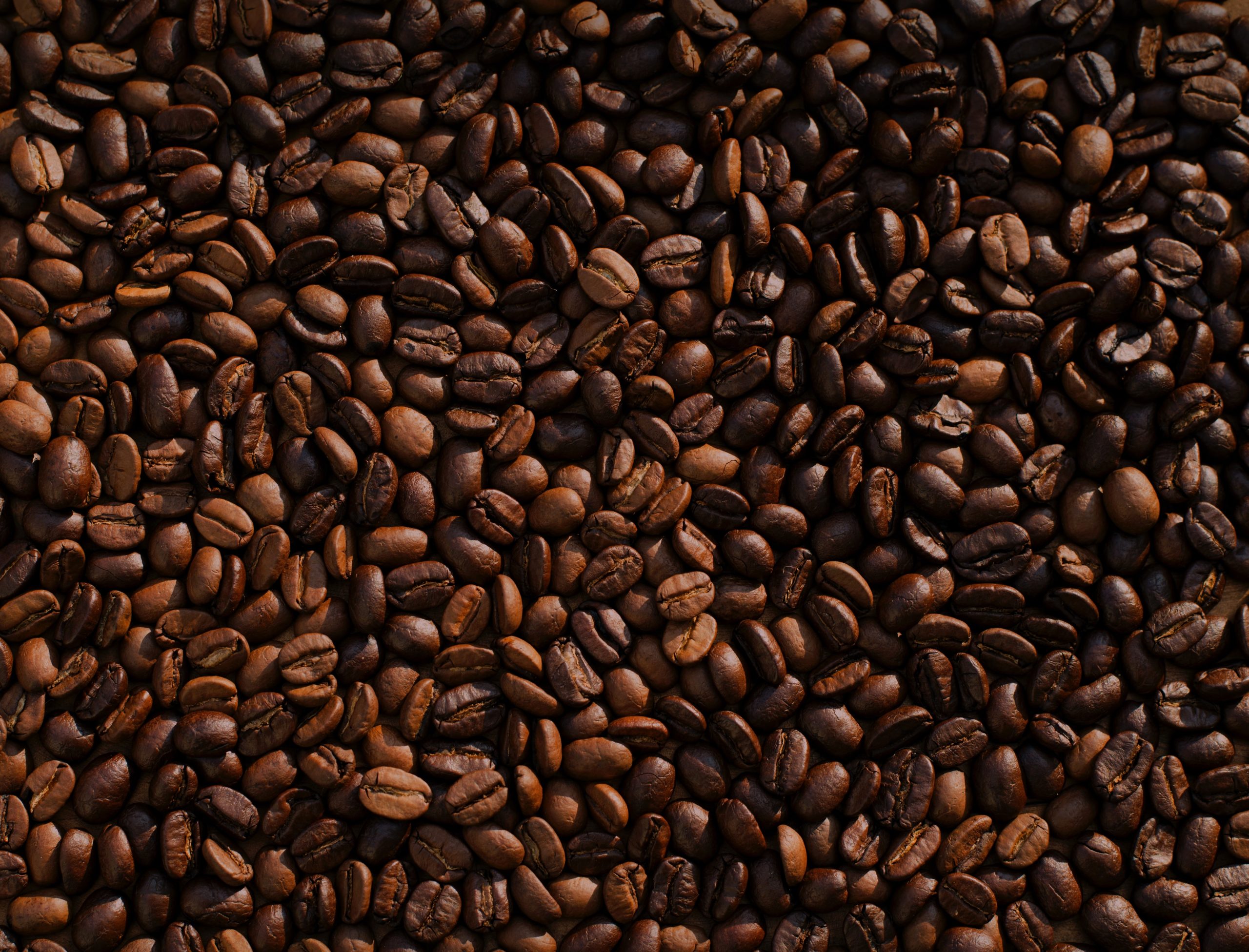After a good meal, you often feel like eating something else – a biscuit, a sweet or a piece of sausage. Why does this happen?
After a good meal, you often get hungry for something else: a biscuit, sweet or sausage. Why does this happen? What are the reasons behind our hunger?
In today’s article, we’re going to talk about the most common reasons that stimulate our appetite.
1. Nervous tension and stress.
It’s all about hormones. Stress releases adrenaline into the bloodstream, which dulls the appetite. Cortisone, which you will encounter during times of stress, cancels out the effects of adrenaline. Naturally, you want to chew all the time. And when the cortisol decreases, your appetite disappears again.
2. Thirsty
As few people know, a lack of water or dehydration can be compared with a feeling of hunger. Since every food contains water, we have the feeling that we have partially satisfied our need for water. Try drinking a glass of water 15 minutes before meals and then eating. If you are thirsty, your appetite will lessen afterwards. And even if it was hunger, after drinking a glass of water – overeating is unlikely.
3. Glucose spike
If your snack consists of bars or biscuits, your body immediately receives insulin, a hormone that processes glucose into the bloodstream. This hormone breaks down carbohydrates for energy or sends them to the store. But if you eat a meal with a lot of carbohydrates, a lot of insulin is released. It’s enough to make your blood sugar level drop noticeably and make you feel hungry.
4. Diabetes mellitus
This disease is insulin-related. Even when you eat enough food, your body cannot convert it into energy. The reason is that diabetes causes insulin deficiency or it cannot cope. Associated symptoms are weakness, thirst and frequent urge to urinate.
5. Lack of physical activity
If you lead a sedentary life and don’t get involved in sports, be prepared for the fact that this indirectly affects energy metabolism in cells and the process of glucose assimilation. The walls of the stomach stretch when large quantities of food are regularly consumed. They need more food to saturate them. In the absence of physical activity, no energy is expended and the body is forced to make reserves. This can all cause mental distress and disrupt the brain centres that are responsible for satiety.
6. Emotional state
From the previous point, another reason for the constant desire for food is hypodynamia (lack of activity). Boredom and depression can provoke hunger as well as stress. Instead of going to the kitchen for another meal, try to occupy yourself with an interesting activity. For instance, do some push-ups or a little press-ups.
7. Eating in a hurry
Eat slowly and chew your food properly. Your body needs time to learn when you’re full. The stomach needs to fill gradually. This takes time. So try to eat slowly and listen to your body so that you don’t miss the signal that you are full.
8. Food pictures and appetising smells
It is well known that feelings of hunger are not always caused by the body’s needs. It often happens that seeing something appetising and tasty or smelling something makes us want to eat it. If you often feel hungry, you might want to look less into the kitchen and the fridge. You have to go to the shop full so that you don’t succumb to appetizing temptations.
9. Unhealthy food
The same food can make you feel full in different ways. For instance, eating a portion of mashed or simply boiled potatoes may leave you feeling hungry for a long time. But if you have a portion of fries, you will be hungry faster.
10. Thyroid problems
Many people get hungry when they’re nervous. But sometimes it’s a reason to visit an endocrinologist: there is a chance that thyroid hormones are to blame. Then, treatment or even an operation may be needed.
11. Medication
Many drugs have an effect on the appetite. These include antidepressants and antihistamines. Corticosteroid drugs often have an effect on hunger. If food cravings occur after taking them, you should tell your doctor.
12. Lack of sleep
Scientists pay a lot of attention to sleep deprivation. Sleep deprivation affects the balance of leptin and ghrelin, the hormones responsible for hunger. If you don’t get enough sleep, you’ll want to eat, and you’ll want something very calorie-dense.






